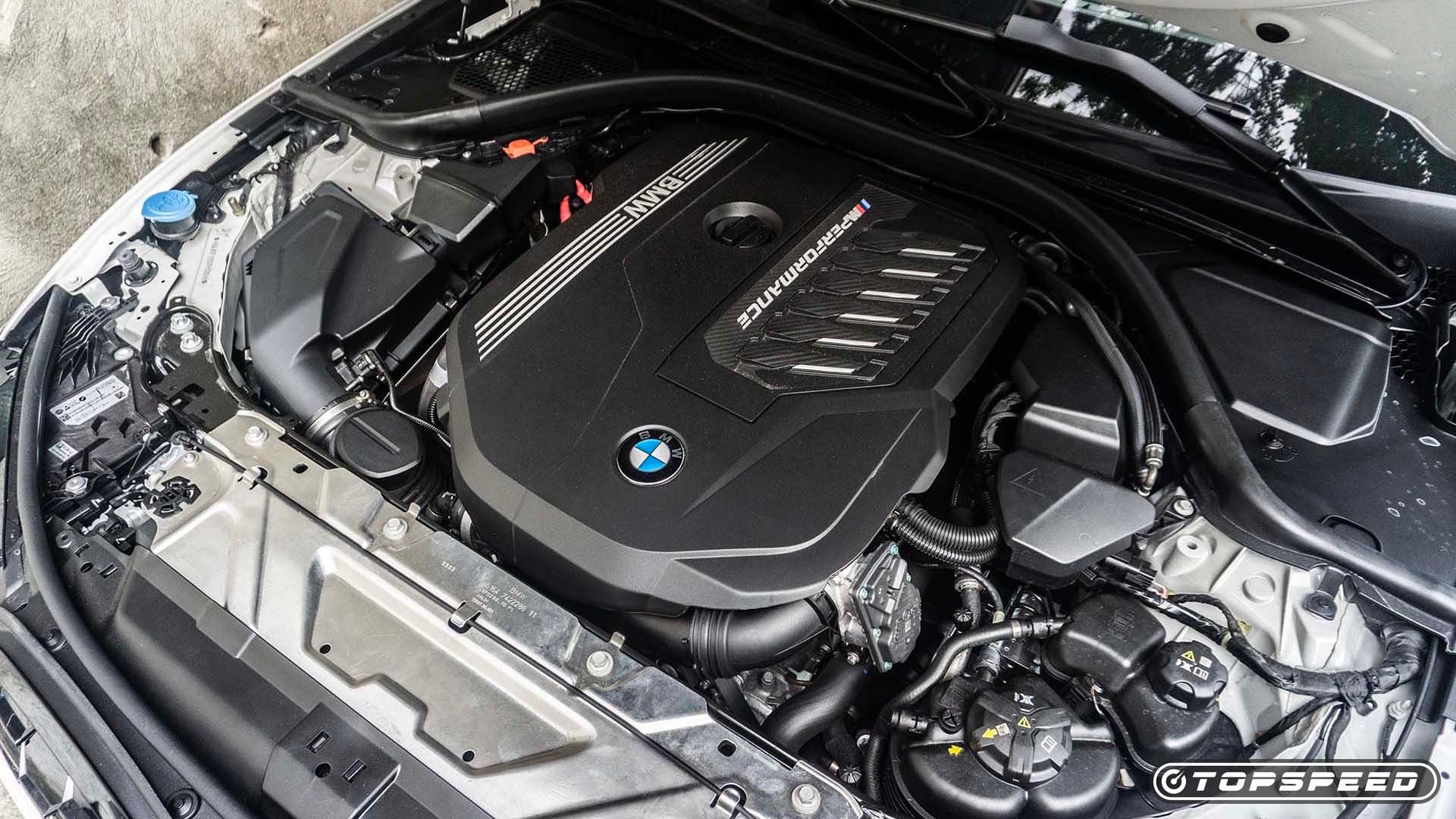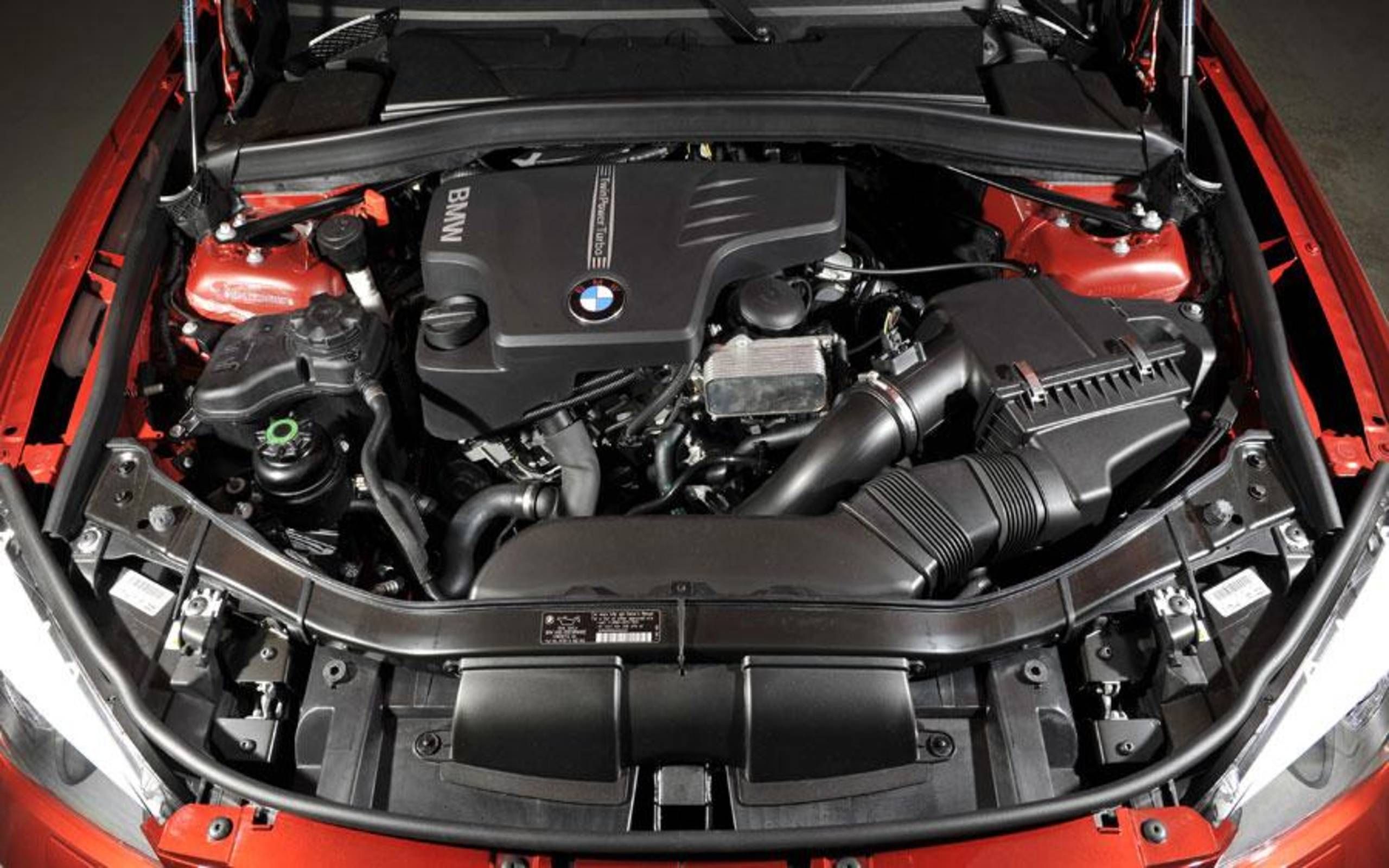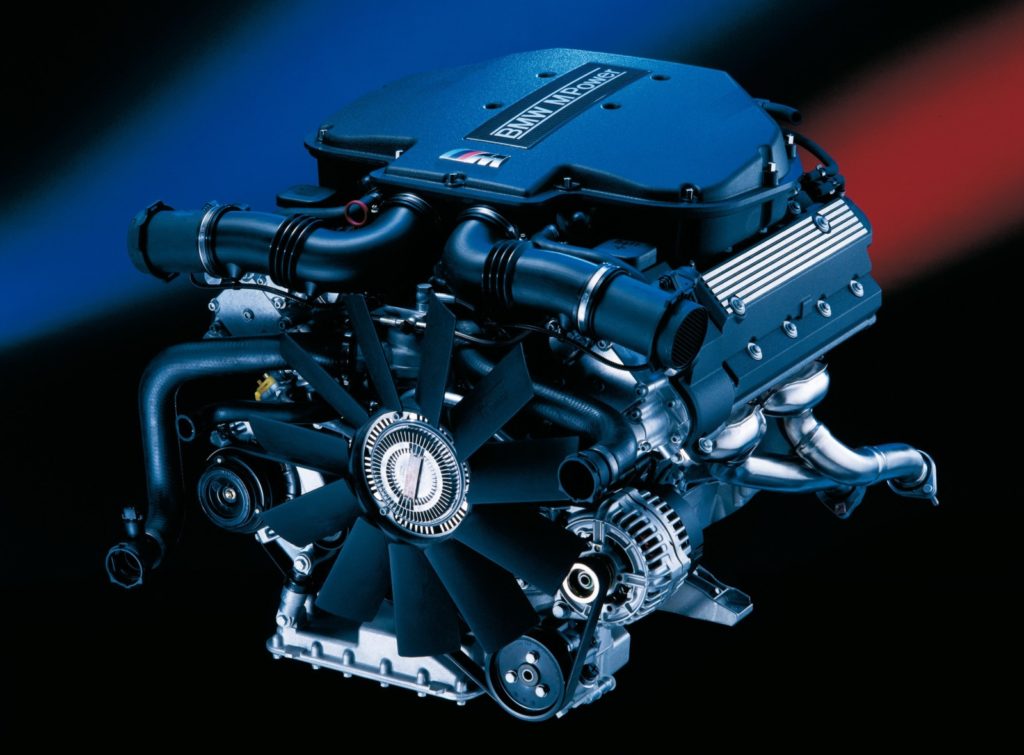Introducing the Intricacies of Next-Generation Power Units: a Deep Study Advanced Engine Layouts and Innovations
As we stand on the precipice of a new period in transport, the complexities of next-generation engine layouts bid us to discover the cutting-edge innovations and innovations that promise to redefine the driving experience. Digging deeper into the worlds of discharge control, smart engine management systems, and the perspective of power unit advancement, we locate ourselves on the cusp of an improvement that guarantees to reshape the landscape of movement as we recognize it.
Development of Engine Products

The shift towards progressed engine materials has likewise made it possible for designers to design engines with higher power outputs while preserving fuel effectiveness criteria. The usage of light-weight products reduces the overall weight of the engine, leading to enhanced fuel economic climate and lower discharges. In addition, innovations in products innovation have enabled for better thermal management within engines, resulting in increased integrity and long life.
Turbocharging and Supercharging Technologies
Just How do Turbocharging and Supercharging Technologies change engine performance and efficiency in modern-day automobiles? Turbocharging and supercharging are modern technologies that dramatically enhance engine efficiency by boosting the amount of air consumption into the burning chamber. Turbocharging accomplishes this by utilizing a wind turbine driven by exhaust gases to pressurize the intake air, while turbo charging utilizes a belt- or chain-driven compressor to achieve the exact same effect.
These modern technologies allow smaller sized, much more fuel-efficient engines to generate power comparable to bigger ones, referred to as downsizing. By compeling more air right into the cylinders, turbocharging and turbo charging enhance combustion effectiveness, resulting in enhanced horse power and torque output without a substantial increase in engine dimension. This leads to far better acceleration, pulling ability, and general driving efficiency.
Moreover, turbocharging and turbo charging contribute to boosted fuel effectiveness by permitting the use of smaller sized engines that consume much less gas under normal driving problems - bmw engine. This mix of enhanced performance and efficiency has made turbocharging and turbo charging integral parts of many contemporary engine layouts
Emission Control and Environmental Effect
With raising international issues regarding air high quality and ecological sustainability, the application of exhaust control innovations in lorries plays a crucial duty in decreasing unsafe contaminants released right into the ambience. Modern cars are geared up with sophisticated emission control systems that assist reduce the environmental effect of vehicle operations. Catalytic converters, for instance, are developed to convert harmful gases such as carbon monoxide gas, nitrogen oxides, and hydrocarbons into less damaging compounds like carbon dioxide and water vapor.
Additionally, innovations in engine modern technology, such as the assimilation of exhaust gas recirculation systems and discerning catalytic decrease, have considerably contributed to lowering exhausts. These modern technologies operate in tandem to enhance combustion efficiency and decrease the launch of dangerous contaminants into the air. In addition, the growth of hybrid and electric lorries stands for an important step in the direction of lowering the general environmental impact of the transport industry.
Intelligent Engine Management Equipment

Moreover, these systems enable lorries to satisfy stringent exhausts requirements without compromising efficiency, offering an extra eco-friendly driving important link experience. The integration of man-made knowledge and equipment knowing capacities in engine monitoring systems remains to press the limits of what is feasible, leading to additional improvements in effectiveness, integrity, and overall automobile efficiency. bmw engine. As automotive innovation advances, intelligent engine administration systems will certainly play an important duty in shaping the future of transportation in the direction of an extra sustainable and effective direction
Future Trends in Power Unit Advancement
As smart engine monitoring systems pave the method for improved control and optimization in modern-day vehicles, future trends in power system growth are positioned to redefine the landscape of automotive propulsion technologies. One of the crucial fads driving development in power system advancement is the change in the direction of electrification. With an increasing concentrate on sustainability and decreasing carbon discharges, crossbreed and electrical powertrains are ending up being a lot more widespread in the automotive industry. These alternative power sources provide enhanced performance and performance while aligning with rigid ecological laws.
An additional substantial fad is the assimilation of sophisticated materials and producing methods. Lightweight materials such as carbon fiber and aluminum are being made use of to reduce overall vehicle weight, boosting fuel performance and performance. Additionally, advancements in 3D printing and additive manufacturing are allowing the production of intricate engine elements with higher accuracy and toughness.
Moreover, expert system and artificial intelligence are playing an important role in enhancing power device efficiency. These innovations allow for real-time surveillance and adaptive control, bring about much more dependable and reliable power shipment. On the whole, future trends in power device development are tailored in the direction of performance, effectiveness, and sustainability, driving the automotive market in the direction of a new age of propulsion technologies.

Verdict
In conclusion, the improvements in engine products, turbocharging, emission control, and intelligent monitoring systems have paved the method for next-generation power devices. The intricate layouts and innovations in contemporary engines display the ongoing development of auto technology.
Exploring the modern advancements in engine materials has been crucial in boosting the efficiency and effectiveness of contemporary engines. Over the years, the development of engine materials has played a critical role in pushing the boundaries of what Web Site engines can achieve.The shift towards advanced engine materials has also enabled engineers to make engines with greater power results while keeping gas effectiveness requirements.The application of click to investigate intelligent engine management systems in modern vehicles has actually changed the means engines are regulated and enhanced for performance and effectiveness. By gathering data in real-time and evaluating it with advanced algorithms, smart engine monitoring systems can adjust to driving designs, ecological aspects, and engine wellness to optimize power outcome while reducing fuel consumption and emissions.